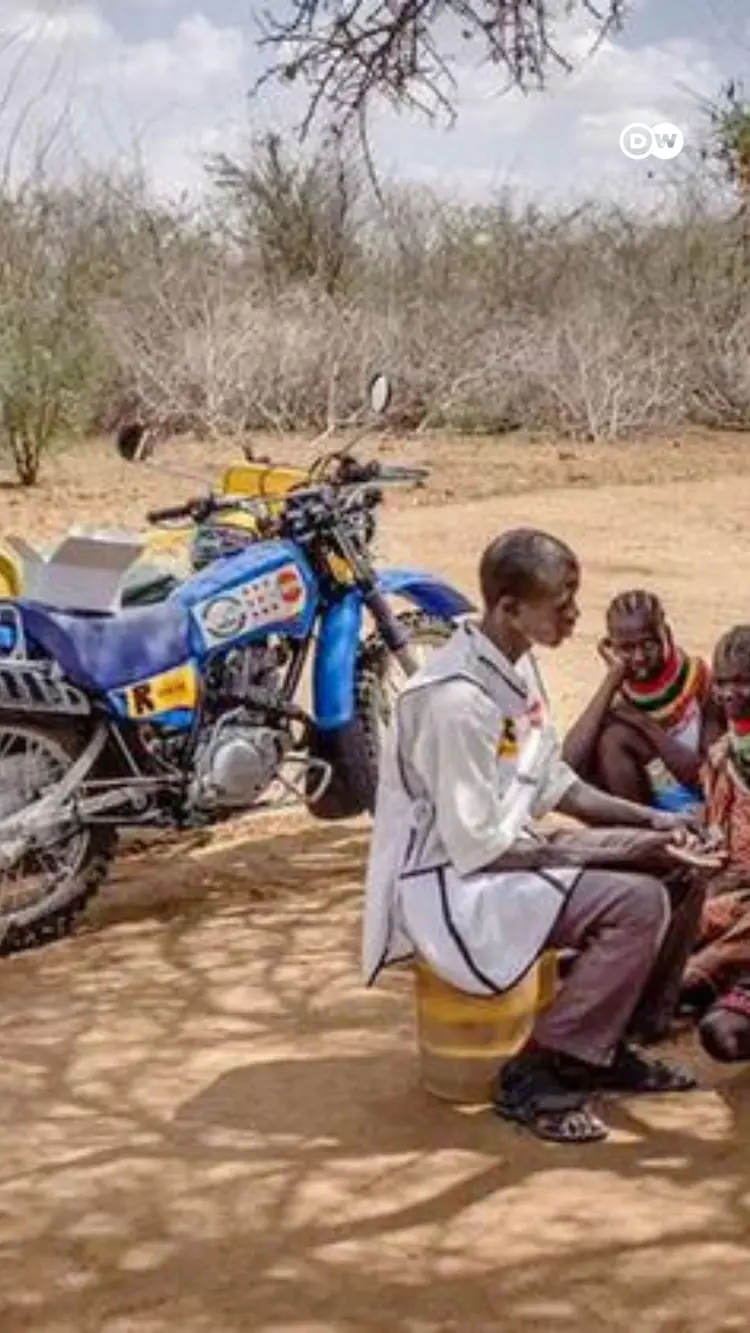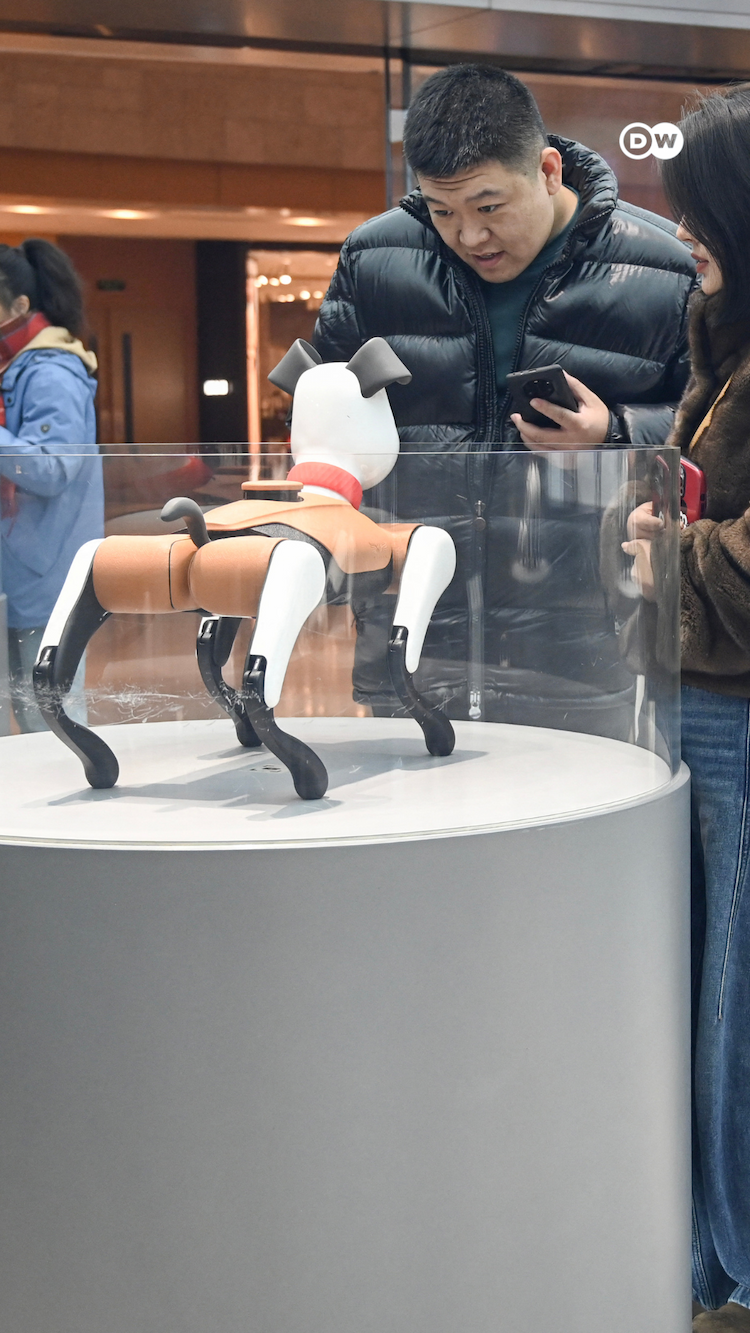Diabetes cure in space? Shubhanshu Shukla’s ISS mission could crack it
The remedy to curing diabetes could be in space, and Shubhanshu Shukla’s mission aboard the ISS is bringing us closer to it
Indian astronaut Shubhanshu Shukla is currently aboard the International Space Station (ISS), contributing to a groundbreaking study that could reshape our understanding and treatment of diabetes. As part of Axiom Mission 4 (Ax-4), Shukla is playing a crucial role in the “Suite Ride” experiment, which aims to investigate how microgravity impacts glucose metabolism.
A space mission with real-world implications
Historically, astronauts with diabetes have been excluded from space missions due to the challenges of managing blood sugar in a zero-gravity environment. However, the Suite Ride study is challenging these limitations. By examining how insulin and glucose monitors behave in space, researchers are exploring new possibilities for astronauts with insulin-dependent diabetes to participate in future missions.
Dr. Mohammad Fityan, Clinical Lead for the Suite Ride project, emphasized that the research could enhance not just space travel but also our broader understanding of diabetes and metabolic diseases on Earth. The findings could lead to advancements in glucose regulation and insulin resistance, benefitting both astronauts and people with diabetes on Earth.
How microgravity offers unique research opportunities
The space environment offers a rare chance to study the human body without the constant pull of gravity, providing a clear lens for observing metabolism, fluid distribution, and muscle mass. By investigating these factors in microgravity, researchers hope to identify new biomarkers for insulin resistance and better understand how the human body manages blood sugar in space.
“The ability to study metabolism without gravity allows us to explore new pathways and gain deeper insights into metabolic diseases,” said Dr. Fityan. The goal is not only to improve spaceflight but also to unlock better treatment options for those living with chronic conditions like diabetes on Earth.
Revolutionizing diabetes care with real-time monitoring
During the Ax-4 mission, participating astronauts are outfitted with Continuous Glucose Monitors (CGMs) to track real-time glucose levels. While astronauts are not directly administering insulin, the experiment focuses on how insulin remains stable in space conditions and how it can be effectively stored. Researchers are also collecting blood samples to validate the data collected by the CGMs.
The findings from this experiment could pave the way for the development of more durable and precise glucose sensors and remote monitoring platforms. By using AI-powered predictive models to manage blood sugar levels, diabetes care could improve, especially in remote areas with limited access to healthcare.
Expanding spaceflight eligibility and improving Earthbound diabetes care
The results of the Suite Ride study could significantly influence how astronauts with chronic conditions are treated in future space missions. Understanding how diabetes management can be adapted for space environments would not only expand spaceflight eligibility but also create new technologies and protocols for the management of chronic diseases.
Importantly, this research has potential applications beyond space exploration. For individuals with diabetes on Earth, particularly in underserved regions, the ability to remotely monitor glucose levels and use predictive tools could drastically improve their quality of life and treatment outcomes.
A milestone for India in global health innovation
Shubhanshu Shukla’s involvement in this mission is a historic moment for India. Not only is the research advancing space exploration, but it is also contributing to global health innovation, with the potential to improve diabetes care for millions. The findings from the Ax-4 mission could pave the way for a future where chronic conditions like diabetes are no longer barriers to space exploration — and where better treatments on Earth are within reach.
As space agencies plan longer and more inclusive missions, the insights from this experiment could mark a significant step in ensuring that health conditions, once seen as barriers, no longer stand in the way of reaching the stars.









